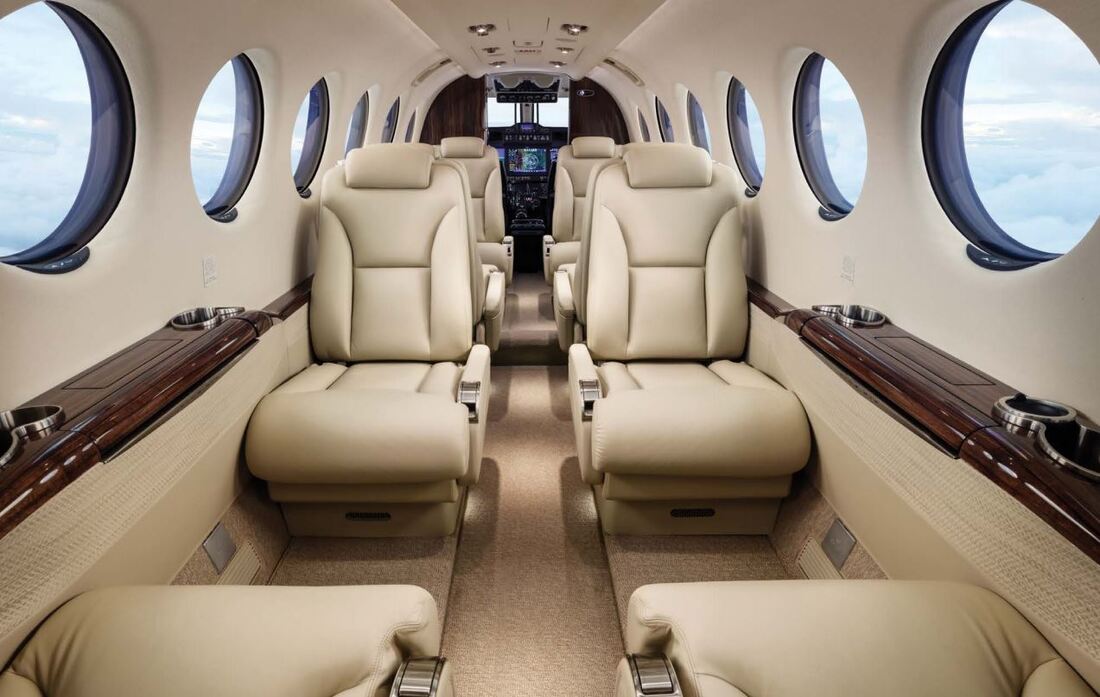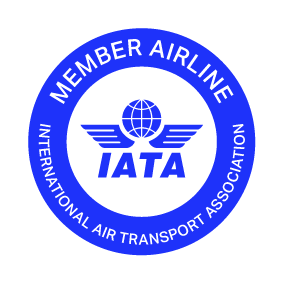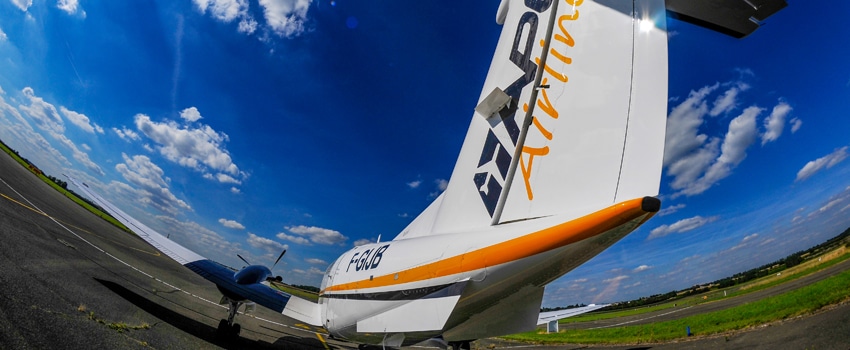
Generator’s takeover of the Paramount, owned by Aby Rosen’s RFR, will coincide with “an extensive refurbishment” of guestrooms and public spaces. But those high-margin days can be pure profit in an otherwise stable and strong year.
APG AIRLINES GENERATOR
To be sure, Generator most truly competes with three-star hotels when there’s a major event that further creates a supply mismatch in a market, such as Art Basel in Miami, the Paris Auto Show, or a championship sport event in Madrid. “With our standard private rooms with extra beds, we compete with the three-star hotels in these destinations in the sense that guests perceive they’re getting value,” Thomann said. Generator and Freehand also provide private rooms with bunk beds at rates that are often cheaper on a per-person basis than traditional hotels in many cities. They tend to keep different schedules than twentysomething guests and can use the property’s game areas and restaurants differently and on different time shifts. Parents with young children have been a growth segment, Thomann said. So is the online travel agency HostelWorld, which stands apart from, say, Expedia, by offering the ability to book individual beds in shared accommodation.

APG AIRLINES DRIVER
“At Broken Shaker at Freehand Miami, cocktail revenue can be triple the room revenue, and it comes at a higher margin.”Īirbnb is a major driver of Generator’s bookings via its hotel offerings. “We’re one of the few hospitality brands where our food-and-beverage outlets get about 90 percent of their revenue from non-guests,” Thomann said. It hires specialists in food and beverage to create buzzy restaurants, bars, and cafes. Generator and Freehand try to provide these spaces in ways that resonate more with them than what’s available at a short-term rental or the typical city hotel. Thomann said a segment of the youth market is seeking lodging that offers social connections with other young international travelers. “The RevPars we achieve are like those at four-star hotels, though we operate the properties at one- to two-star costs,” Thomann said.īut aren’t short-term rentals, with their quirky lodging and elastic supply, a competitive threat to the model?

The private company didn’t reveal more specific numbers. It generated adjusted earnings before interest, taxation, depreciation, and amortization - a measure of profit - that was 60 percent above its July 2019 figure. In July, Generator’s shared accommodation properties reported revenue 37 percent above its best-ever numbers, Thomann said. But we’re not looking to open in a city like Bangkok, where there’s already a lot of supply.” “We love a market like Miami, especially during major events like Art Basel. “Compression markets deliver exceptionally high returns,” Thomann said. Central locations like Times Square are critical to the formula. Generator stands apart by only running hostels in places where demand for affordable travel lodging outstrips supply. In 2014, Marriott opened its Moxy brand with a lifestyle vibe and rooms at 185 square feet, while The Standard has been expanding its Bunkhouse brand. In 2019, Queensgate bought Freehand, a premium hostel chain, for $400 million, and merged its back-end operations with Generator. Draper Startup House, a collection of hostels for professionals, received fresh investment this year.


In June, Singaporean fund GIC and Dutch pension manager APG said took a majority stake in The Student Hotel, which offers mixed-purpose budget lodging. Selina, a youth-focused hospitality brand, teased last week that it still plans to go public this year in a merger with BOA Acquisition Corp - a special purpose acquisition company (SPAC) - in a deal that may turn out to be valued at more than $1 billion. The deal underscores how hostels, smaller-roomed hotels, and other “premium economy” lodging have attracted a lot of investor capital. The group is on track to produce between $200-$250 million in revenue next year, Thomann said. Next year we’ll start doing franchise deals and possibly licensing deals.” “We’re finally ready for third-party management,” said CEO Alastair Thomann during an interview while visiting Washington, D.C. The company, whose chains are Generator and Freehand, has instead had an ownership interest in its properties. Generator, acquired in 2017 by private equity firm Queensgate Investments, had never managed a hotel as a third party. Generator said on Tuesday it had gained management control of the Paramount - a hotel with 605 guest rooms in New York’s Times Square - in a strategy adjustment for the UK hospitality company, which runs hostels and other premium economy lodging.


 0 kommentar(er)
0 kommentar(er)
